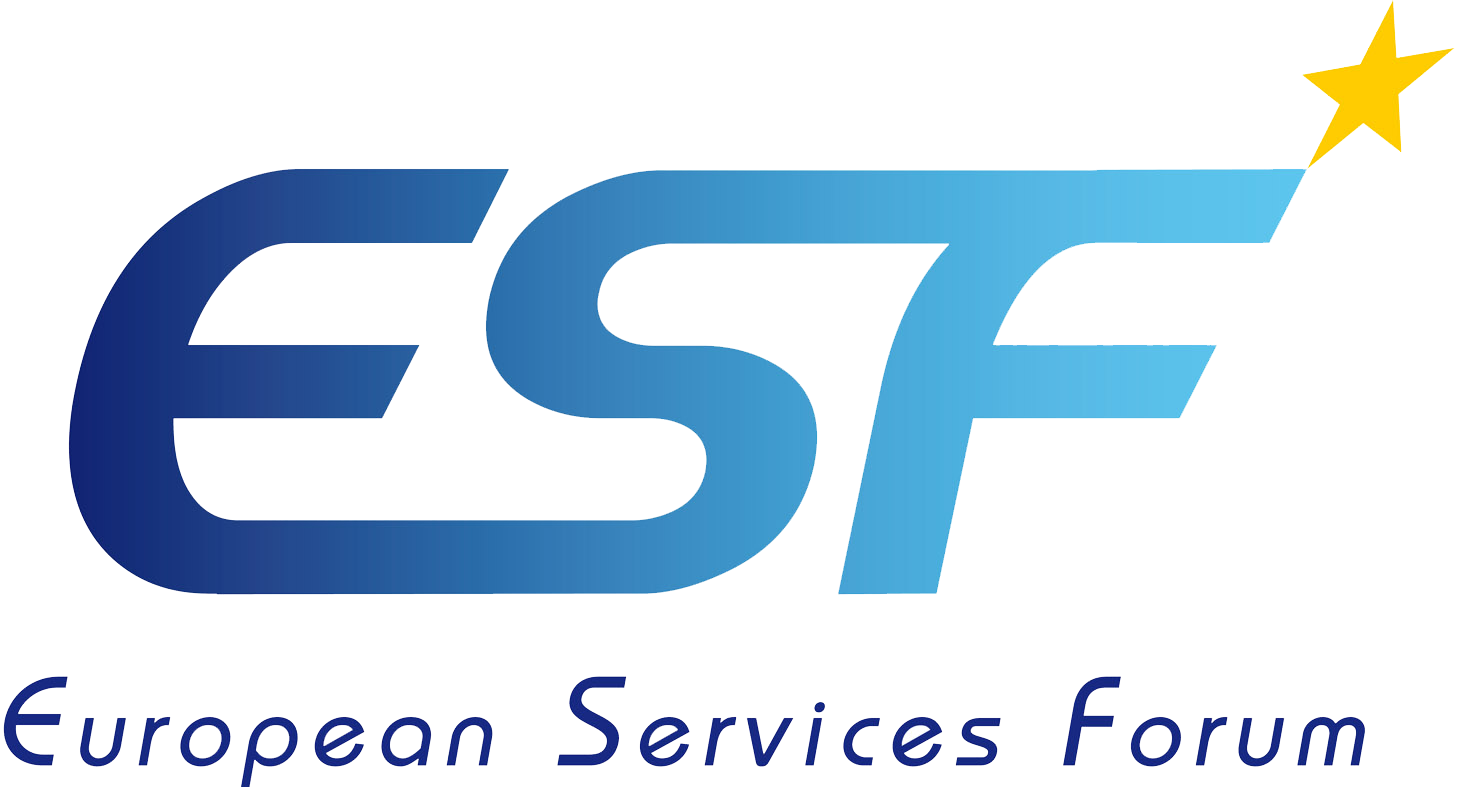Importance of Trade in Services between the EU & Singapore – Facts & Figures

The Free Trade Agreement and Investment Protection Agreement Between the E.U. and Singapore
On the 13th of February, 2019 the European Parliament endorsed a Free Trade Agreement and an Investment Protection Agreement between the European Union and Singapore. The free trade agreement will remove virtually all tariffs between the EU and Singapore within the next five years. EU-Singapore trade in goods like will continue to improve with the new agreements which will lead to growth in the green sector. The Free Trade Agreement will remove trade obstacles for green tech in addition to creating more opportunities for environmental services.
The EU and Singapore have initiated the text of a comprehensive free trade agreement on 20 September 2013. The negotiations for a free trade agreement have now been completed and the finalized trade and investment agreements have been formally approved by the European Commission and the European Parliament. The free trade agreement will be the first bilateral trade agreement between the European Union and a member of the Association of Southeast Asian Nations (ASEAN).

In response to Parliament’s endorsement of the free trade agreement David Martin, a member of the European Parliament and the rapporteur on the agreements, said, “Parliament has shown it is committed to a rules-based trading system: the EU keeps fair and free trade alive. The trade agreement will not only enhance the EU’s access to the Singapore market, but even more to the growing ASEAN region, while ensuring workers and the environment are well protected. The investment protection agreement incorporates the EU’s reformed approach, and will replace the existing Singapore-EU member state deals that include the toxic investor-state dispute settlement“.
Background
Singapore is an established important trading partner of the EU. Bilateral trade in goods reached €53.3bn in 2017 and €18.4bn in services in 2009. The EU held FDI stocks of €95.8bn as of 2009 and Singapore held €50.2bn in the EU. Subsequently, Singapore is by far the largest trading partner of the EU in the ASEAN region and also a key investment partner.Singapore is the EU’s 14th largest trading partner (trade in goods) and the EU’s largest trading partner in the Association of South-East Nations (ASEAN). EU-Singapore trade in goods grew by some 40% between 2009 and 2011. In the same period, trade in services has grown by 41%. The EU has a positive balance of trade in goods and in services with Singapore. Singapore is a major destination for European investments in Asia. Singapore is also Asia’s second largest investor in the EU (after Japan). In 2010, the existing stock of bilateral investment between the EU and Singapore reached € 190 billion, having expanded rapidly over the past years.
Singapore is relatively open to international trade and as such European businesses in a variety of sectors, from pharmaceuticals to finance, use Singapore as a hub to serve the ASEAN region. For many EU exporters Singapore is thus the gateway into a dynamically growing market of some 600 million consumers.
Singapore is then a key trade and investment partner for the EU and FTA negotiations seek to consolidate and strengthen this relationship.
After FTA negotiations between the EU and a group of ASEAN countries proved difficult, EU Member States in December 2009 gave the green light for the Commission to pursue negotiations towards FTAs with individual ASEAN countries, beginning with Singapore. At the same time, the EU has pledged not to lose sight of the ultimate goal of achieving an agreement within a regional framework.
EU Trade Commissioner De Gucht and Singapore’s Trade Minister Lim launched bilateral FTA negotiations on 3 March 2010. The seven negotiating rounds which have taken place so far between officials from both sides between March 2010 and June 2011 have progressed well. Services negotiations have progressed significantly in some sectors and it is expected that the summer will be used as a period for stock taking. Overall the regulatory structure of the agreement is expected to be similar to that of the Korea agreement and also of a similar standard.
The European Services Forum formulated a position paper on the EU-Singapore negotiations in 2010 in an effort to express the interests of the European services industry in securing a positive agreement. The paper was sent with an accompanying letter to the EU Commissioner for Trade, Mr Karel De Gucht, and also to other EU institutions and committees concerned with international trade; including within the European Parliament, The Commission and the Member States. The paper and letter can be found here.
Summary of ESF priorities:
- Negotiations on services and investment using a negative list approach;
- Removal of all equity caps in Singapore;
- Removal of all nationality or residency requirement for members of executive boards of branches, subsidiaries and joint-ventures;
- Negotiations of Mutual Recognition Agreements of diplomas and qualifications in professional services, starting with architectural services, aiming at legally binding instruments;
- Negotiations of significant market access to Singaporean public procurements at all levels.
For more information:
- European Commission – DG Trade’s website
- European Commission’s statistics
- Factsheet on the EU-Singapore FTA (MEMO/13/805)
- EU Singapore Trade Agreement and Investment Protection Agreement
- Guide on understanding the FTA and IPA
- Full text of the agreement
- Ministry of Trade and Industry Singapore (EUSFTA)
- Overview of the content of the agreement
- EUSFTA in Figures
- Study on the estimated benefits of the FTA
- EU and Singapore agree on landmark trade deal, 16 December 2012 (Press Release (IP/12/1380)
- Link to CIA Fact Book on Singapore
